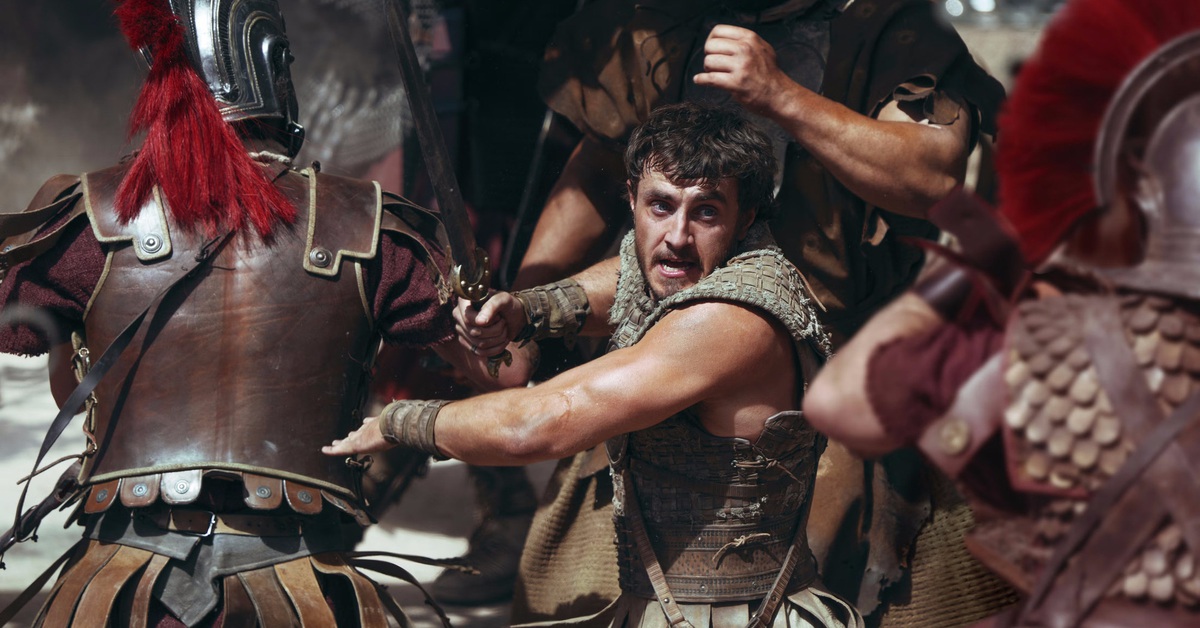
Revisiting the Powerful Ending That Defined Gladiator
Ridley Scott’s 2000 epic film "Gladiator" leaves an indelible mark on cinema history, not just for its breathtaking visuals and gripping storyline, but for its powerful ending that resonated deeply with audiences. The final moments of the film craft an emotional turbulence that sweeps through the characters and the viewers alike. As we take a journey back through time, let's discuss how this ending shaped the legacy of "Gladiator" and its cultural impact in the years that followed.
The Climactic Final Battle
As the dust of the Colosseum settles, audiences are left grappling with the raw emotions displayed in the final battle between Maximus, played by Russell Crowe, and Commodus, portrayed by Joaquin Phoenix. The intense stakes of their duel symbolize not just a fight for life, but a struggle for justice, redemption, and honor. It’s a poignant reminder that while Maximus is fighting for his freedom and the souls of his loved ones, he embodies the broader conflict between tyranny and the human spirit. This climax brings to a head the themes of vengeance and the desire for a peaceful resolution, making it a powerful moment that resonates even years after its release.
The Searing Loss and Redemption
The end of "Gladiator" is not only defined by the fierce battle but also by the searing loss that Maximus experiences. As he finally avenges the betrayal of Commodus, the bittersweet taste of victory is underscored by the tragic death of the main character. In his final moments, Maximus sees a vision of his wife and son, emphasizing the idea that true redemption lies not in revenge but in embracing those we have lost. This central theme of loss and the quest for peace reinforces the film's enduring significance. Viewers are left pondering the weight of what it means to achieve closure in life and whether the cycle of violence can ever truly grant freedom.
Cultural Legacy and Merchandise
The film’s narrative has prompted discussions that extend beyond the screen, influencing various forms of art and culture. One testament to its legacy is the vast array of "Gladiator Official Merch" that has emerged since its release, appealing to fans who are eager to carry a piece of this cinematic experience with them. Merchandise such as collectibles, replicas of armor, and printed art embody the film's themes and characters, allowing newfound generations to connect with Maximus’s fight for freedom. Such items not only serve as nostalgia but as reminders of the timeless tale of honor and bravery that "Gladiator" encapsulates.
Resonance in Contemporary Cinema
Even two decades post-release, the ending of "Gladiator" continues to influence filmmakers and scriptwriters in the realm of epic storytelling. The raw emotional weight that Ridley Scott infused into the conclusion challenges the standards of modern filmmaking, often encouraging new entries in the genre to explore deeper themes and character development. This film remains a benchmark for constructing an ending that is both satisfying and thought-provoking, ensuring audiences will always have a place in their hearts for the saga of Maximus Decimus Meridius. As we revisit iconic films like "Gladiator," we find ourselves reflecting on how stories of struggle and redemption shape our understanding of courage and loss in our own lives.









